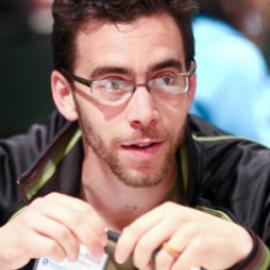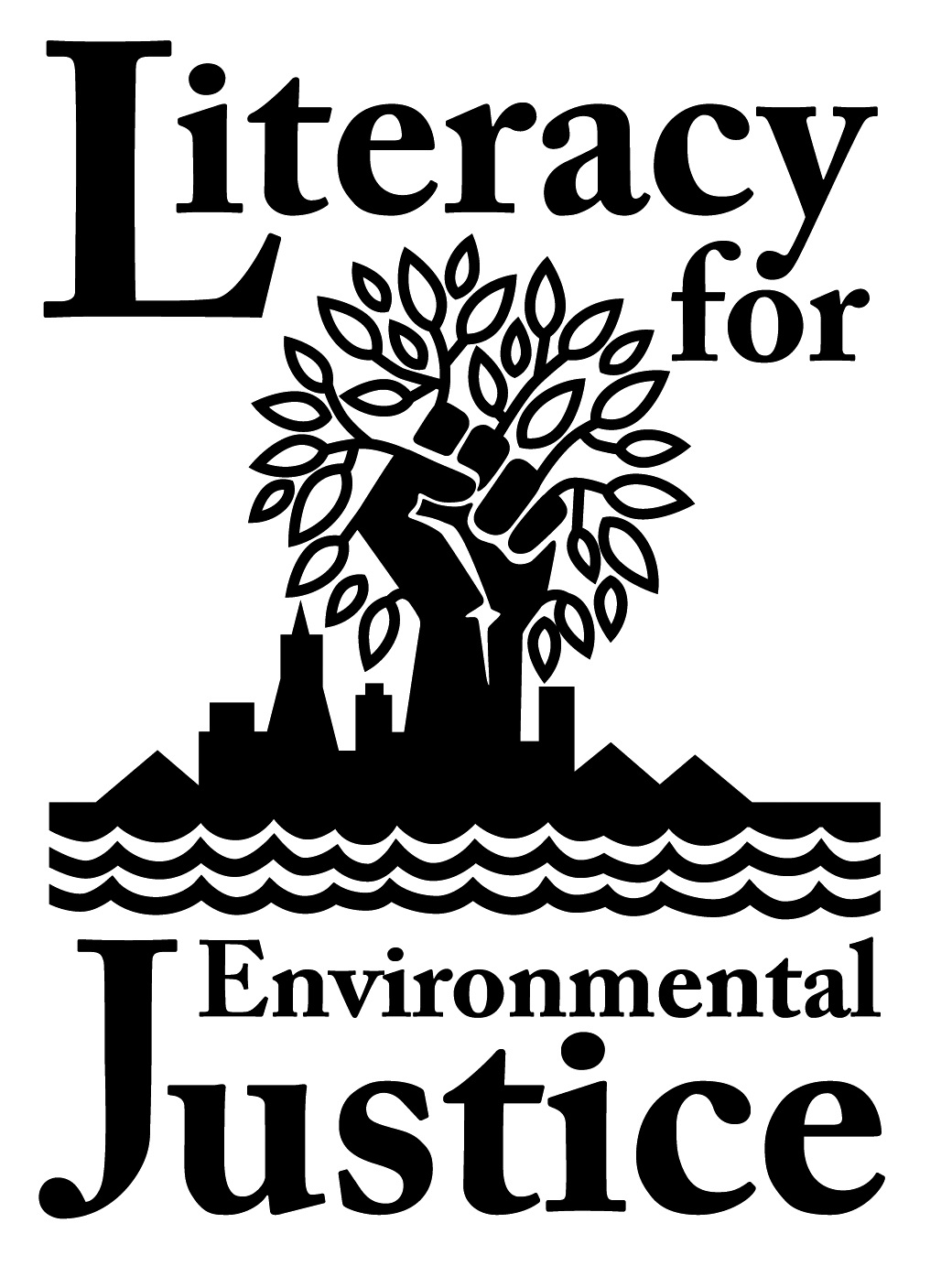LEJ launched the Bay Youth for the Environment Program (BYE) in 2004, in partnership with the California State Parks Foundation). This unique urban park revitalization and community stewardship program focused on Candlestick Point State Recreation Area. BYE’s main goals were to provide local youth with rigorous environmental training and work opportunities, build community involvement, and to create a successful urban park stewardship model that could be adopted by urban communities and state parks throughout California.
Bay Youth for the Environment engaged high-school aged youth and community volunteers the opportunity, getting them involved with a landmark, 34-acre wetland restoration project at Candlestick Point State Recreation Area, which when complete, will restore the largest contiguous wetlands area in the county. Under the guidance of trained staff, students collected native plant seeds and grew over 10,000 plants for the restoration at the Candlestick Native Plant Nursery maintained by LEJ in partnership with California State Parks.
Click here to support LEJ’s Youth Education Programs.
The legacy of Bay Youth for the Environment still lives on today and is exemplified by the Eco-Apprentice program at LEJ. To illustrate the lasting impact of the program, meet Tony Marks-Block. Tony is currently the Secretary for the Board of Trustees at LEJ AND a graduate of LEJ youth programming. Here is his story.

Beginning in 2000, Tony was a student at Leadership High School when he first got involved with LEJ as part of the Youth Promoting Green Energy (YPG), Tony was one of a group of passionate community activists working to close the aging Hunters Point Power plant. Tony went on to be part of Bay Youth for the Environment, where he and other LEJ youth worked in collaboration with Golden Gate Audubon Society and San Francisco State University to collect data on water quality in Yosemite Slough and to conduct a wildlife census in Yosemite Slough and around Candlestick. They also analyzed particulate matter and other emissions that affect air quality in the neighborhood.
Throughout his tenure with LEJ, Tony was acquiring valuable technical skills like chemistry, documentation skills associated with a scientific project, and understanding the distribution of electricity. He gained in-depth knowledge about the political system and the process for community organizing, and specifically learned how to mobilize young people and get them involved in environmental justice and advocating for their community.
Some of Tony’s biggest takeaways? How to develop relationships with the other species that lived in his neighborhood, and the process for data collection. Tony noted that there are limited opportunities to engage in data collection and analysis and that “LEJ gave (him) the opportunity to engage in that process”. He went on to state that, “data is important in terms of changing policy. Data as part of a campaign strategy influenced the choices I made in higher education”.
The opportunity to develop a relationship with like-minded youth, adults, and community is important. LEJ also offers an opportunity to develop a relationship with plants and other species that live at Candlestick. You can learn to care for and nurture other things. This experience can provide insights into yourself and offer new ways of thinking.
If you suspect that Tony went on to be more involved in science, you would be correct. He interned at LEJ over the summer when he was in college and participated in a similar air quality project after graduation. Tony joined the board when Patrick Rump became the acting executive director.
Currently, Tony is a PHD candidate at Stanford University who is working on his dissertation. In his work, he examines land use policies, timber extraction, fire use policy in indigenous communities in California. Tony reflects that, “the values associated with environmental justice have continued to influence my current academic pursuit and provided ways to articulate an activist’s interpretation of Ecology”.
Donate Now to Empower Local Youth.
